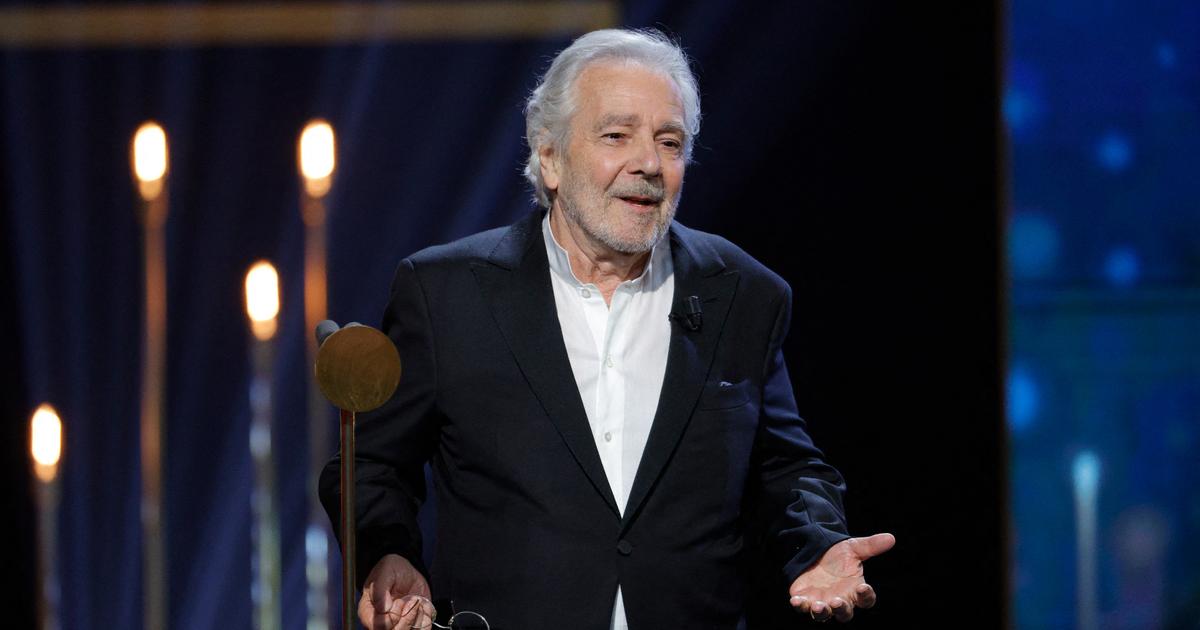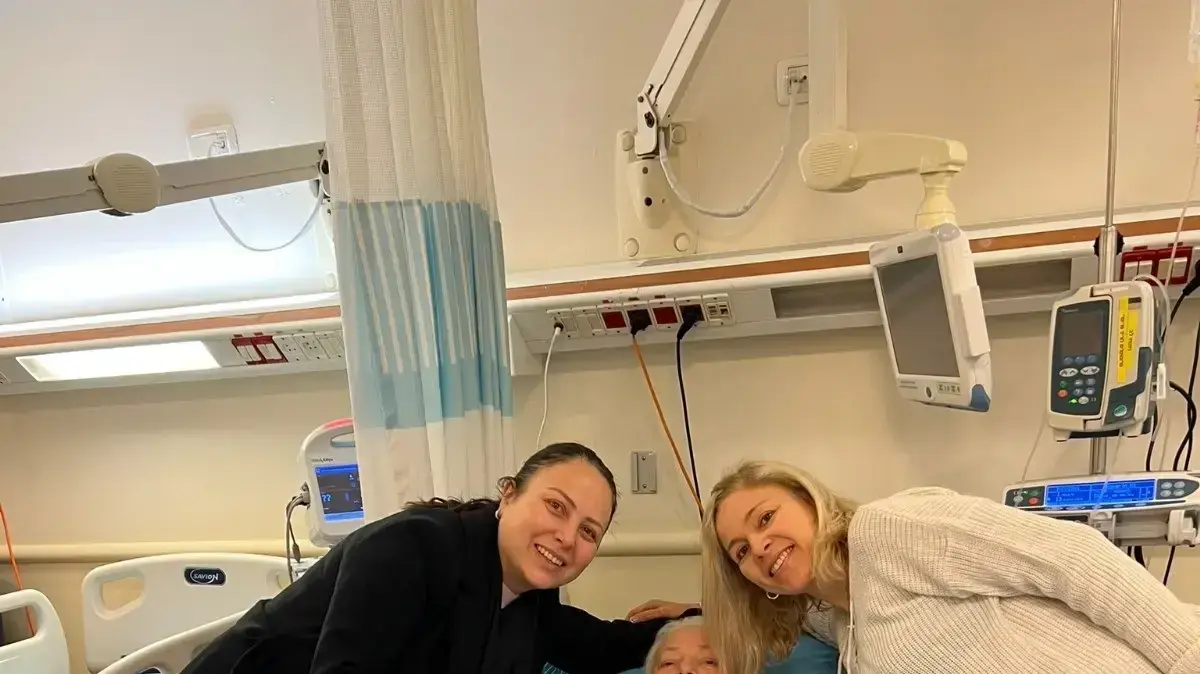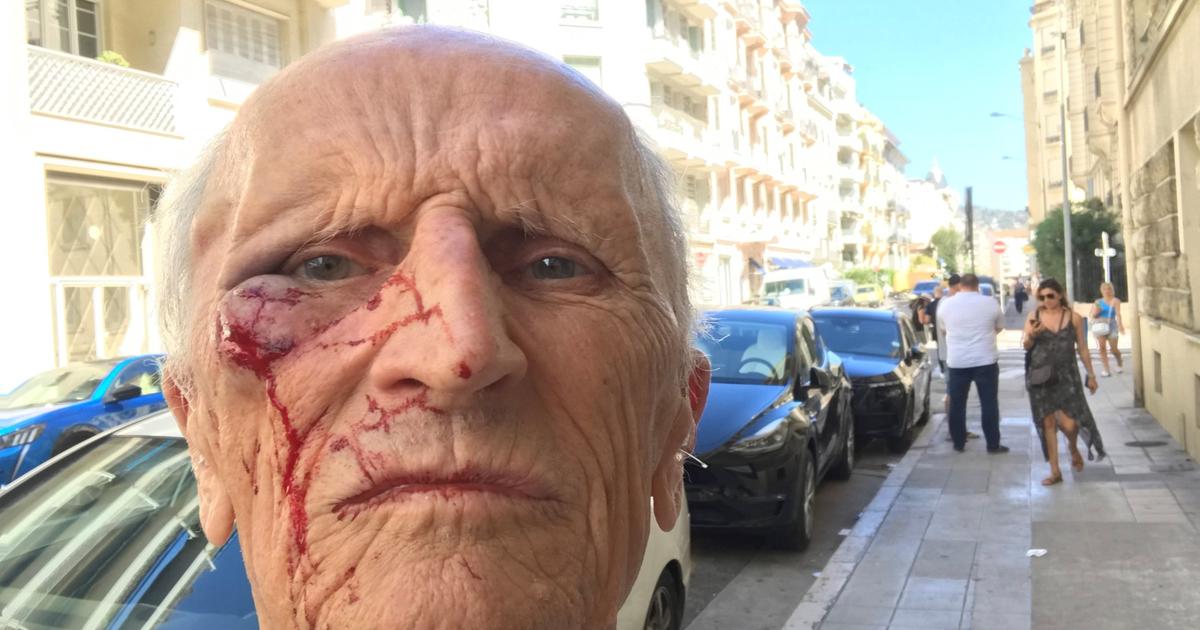Ludmila moscato
09/14/2020 - 12:08
Clarín.com
Society
The chances of doctors being infected with coronavirus are known to be high.
Therefore, the fact of having suffered from the disease without major ailments somehow reassured the nutritionist doctor Raquel Paredes.
And although she maintained all kinds of care once she recovered, she thought that the worst was over.
When, after less than two months, he tested positive again,
he could not get out of his amazement.
And, when she was diagnosed with COVID-19 for the second time, Raquel felt puzzled.
The case of the first recontagiated officially confirmed by the Hong Kong authorities, nor at the local level, that of the renowned infectologist Fernando Polack, had not yet been released.
Little was known (and little is known) also regarding immunity, although some common sense led her to suppose that this could not be repeated
in such a short period of time.
“The first time I was infected was on Friday, June 12.
My throat hurt, and
being a health staff and having only one symptom,
it was already a criterion to consult.
Then I continued with a cough, runny nose and sneezing.
When they gave me the positive, I became very hysterical, the doctor called me and informed me that by protocol, I had to stay one night at the clinic.
All of that is very stressful, they draw blood, they do a plaque, I slept very badly on my nerves.
When they saw that I was fine and I could go abroad, they referred me to the prepaid hotel.
I was
there
for a week and I continued with a lot of headache and decay, ”she
says about her first experience as infected with COVID-19.
Raquel remained isolated for a week at home, and at the beginning of July
- with a negative PCR in between -
and after 21 days, she returned to work in a Buenos Aires clinic.
She wanted to donate plasma, but when she did not meet the requirements, she decided to donate blood to the Biobank of Infectious Diseases (BBEI) dependent on CONICET, which conducts studies with convalescent samples.
There they informed him that he had no antibodies.
However, Raquel was not alarmed: she had read a lot about T lymphocytes and cellular memory that is “activated” when being in contact with the virus again, but which is not easy to detect in the analyzes.
Raquel Paredes narrated her experience to Clarín.
Photo Andres D'Elia
On Thursday, August 6, it was her boyfriend, also a doctor, who began to feel ill and have a fever.
While waiting for the results of her partner's swab, she contacted the Occupational Health area of her work in a private health clinic, warning that despite having been previously infected, she was in close contact with a person who potentially had COVID- 19, so he asked to work from home so as not to expose colleagues or patients.
She also recounted her experience donating blood, and warned that there was a possibility that she did not have immunity.
But they told him that having suffered from the disease, it was considered that "according to ministerial protocol" he was not at risk, and that "antibodies could be negative."
“On Saturday I went to work, but
I was not satisfied with the answer
they had given me, so I tried to expose as little as possible to everyone, doing the work in my office without leaving there.
I felt down but since I had slept badly and was sleepy, I thought it could be because of that.
As the day continued, my head started to hurt, so when I left work I went to the same guard as the first time, where they swabbed me again, ”he says.
“The next day, Sunday, I felt like I had been run over by a trailer truck, I had a very bad time.
I woke up at night to go to the bathroom and couldn't move, I felt like I was crucified on the bed, all my joints stiff.
I woke up very bad, with a cough, body pain, headache, nausea.
I did not understand what I had, because having been previously infected I thought, at first, that it was not that, "she recalls.
Then he
experienced a sudden loss of smell and taste
, and when he received the results he confirmed what he refused to believe: a second contagion.
With much discomfort but fortunately without complications, he remained at home for two weeks.
This time, her recovery was slow in coming: once she was discharged, she had trouble catching her breath if she climbed a staircase, she had chest pains, tiredness, headaches, and faintness, symptoms that continued for weeks.
"The reinfections that begin to be reported in these months seem to be possible, we could not answer this question a while ago because we did not know the outbreak, it was only a few months, but with the progress of all this, the truth is that it is a possibility, it is possible that initial mild symptoms more than anything, but not necessarily, generate few antibodies and little cellular immunity, and [these people] are not exempt from contracting a symptomatic infection again ”, explains Javier Farina, infectious disease doctor who is part of the expert committee that advises the Government on the pandemic.
In the same direction, Juan Manuel Castelli, national director of Communicable Diseases of the Ministry of Health of the Nation, affirms: “If you do not generate an immune response with neutralizing antibodies, it can happen to you.
It may be that you have an exposure, immunologically you do not develop a sufficient number of neutralizing antibodies and that after re-exposure, as you do not have development of immunity, it is as if you were exposed for the first time ”, he specifies.
No tools to certify reinfections
Both Farina and Castelli admit that the mechanism by which a recontagion case could be officially confirmed is not at all easy to carry out.
Raquel herself claims to know other cases of health personnel who suffered from the disease twice.
With which,
a possible scenario is that this occurs more than is believed,
but is not noticed, studied, and therefore, confirmed by official sources.
Farina affirms: “Yes, even one of the cases from Argentina that came out in the media, that of a head of intensive care who works with me, I handled it.
The reality is that
we do not have the tools to certify that it is a reinfection
, because for that it is necessary to sequence, identify the entire genome of a first event and a second event, and demonstrate that the virus is different, ruling out false positives due to contamination.
There are even cases that are asymptomatic, so if this is an infection or is a situation of transitory carriage, which does not generate immunity, we do not know either.
It is not very viable to sequence ”, he responds.
In this sense, Juan Manuel Castelli assumes that this type of analysis is carried out in very specific processes, since swab samples are not usually kept unless the patients are previously framed in a research process, so It is almost impossible to study them: “Sequencing is a process that occurs within the framework of very precise research, because it requires the follow-up of some patients, with the original genome with which the person was infected already sequenced, and later, in a reinfection You can check it out ”, he assures.
Even taking all this into account, Raquel's case would not require samples of the first and second infections, because the main hypothesis that emerges from her case is that, having been slightly infected the first time, her body did not develop enough antibodies to prevent recontagion.
Referring to this specific case, Castelli adds: “You have to demonstrate - and that is another of the lines - if you must have a profile or a quantity of neutralizing antibodies [to be immunized].
There are people who have developed total antibodies and within total antibodies, when looking for neutralizing antibodies, which are those that suppose a lasting immunity, they are not found.
All this is still being investigated ”, she says.
Taking into account that the official confirmation of the recontagios requires this type of study and consulted regarding whether such investigations are being promoted or carried out to detect reinfections, Castelli affirms: “At this moment we are working with all the lines and those they are lines that can be raised.
Today what is a priority is to work on the diagnosis of people, we are working on the number of cases in different places, "he acknowledges.
In short, despite the advances in research regarding immunity (the last relevant one was made in Iceland) and in relation to the possible relaxation with some security measures that many recovered may experience, given that reinfection is possible,
the recommendation It is to continue taking care of yourself as if you had never had it.
"Based on the scientific evidence we have today and knowing that we are not certain about the duration of immunity, one must continue to use precautionary measures, regardless of whether they have been exposed," Castelli closes.
GS








